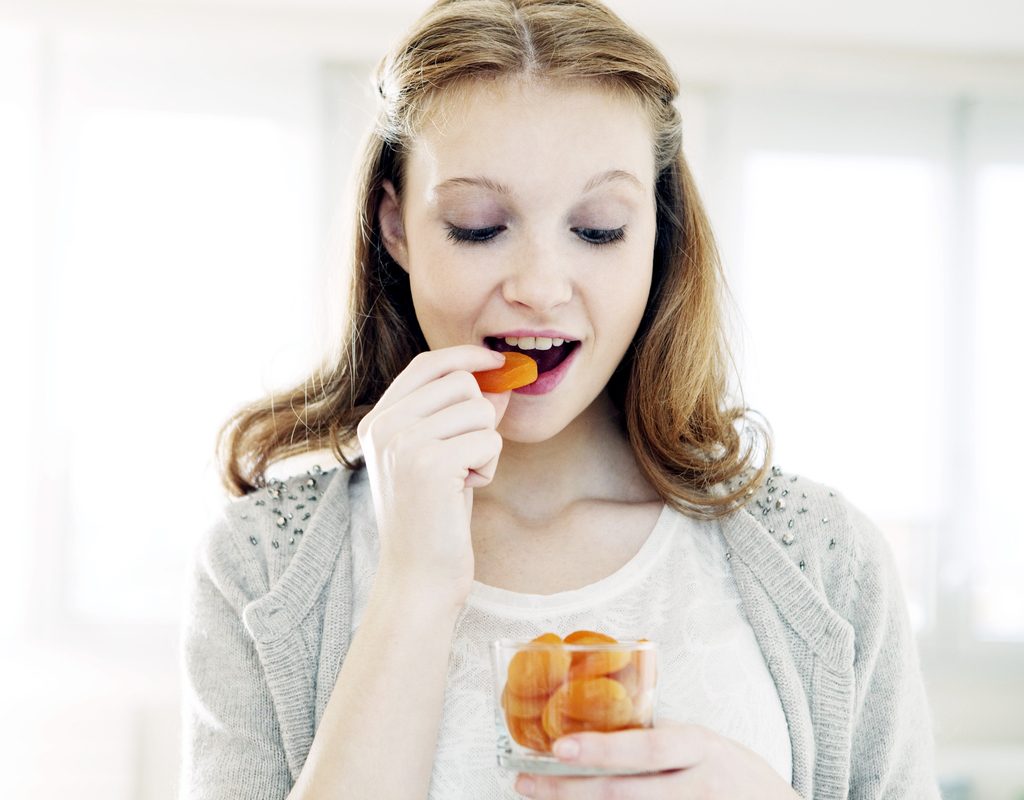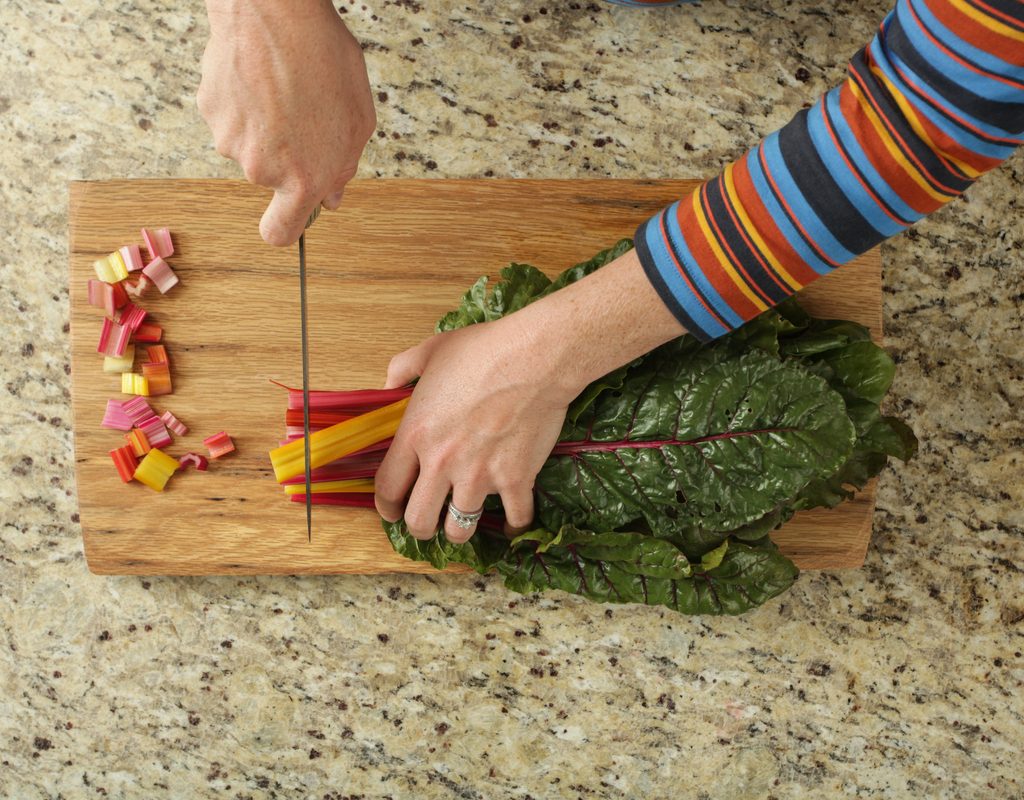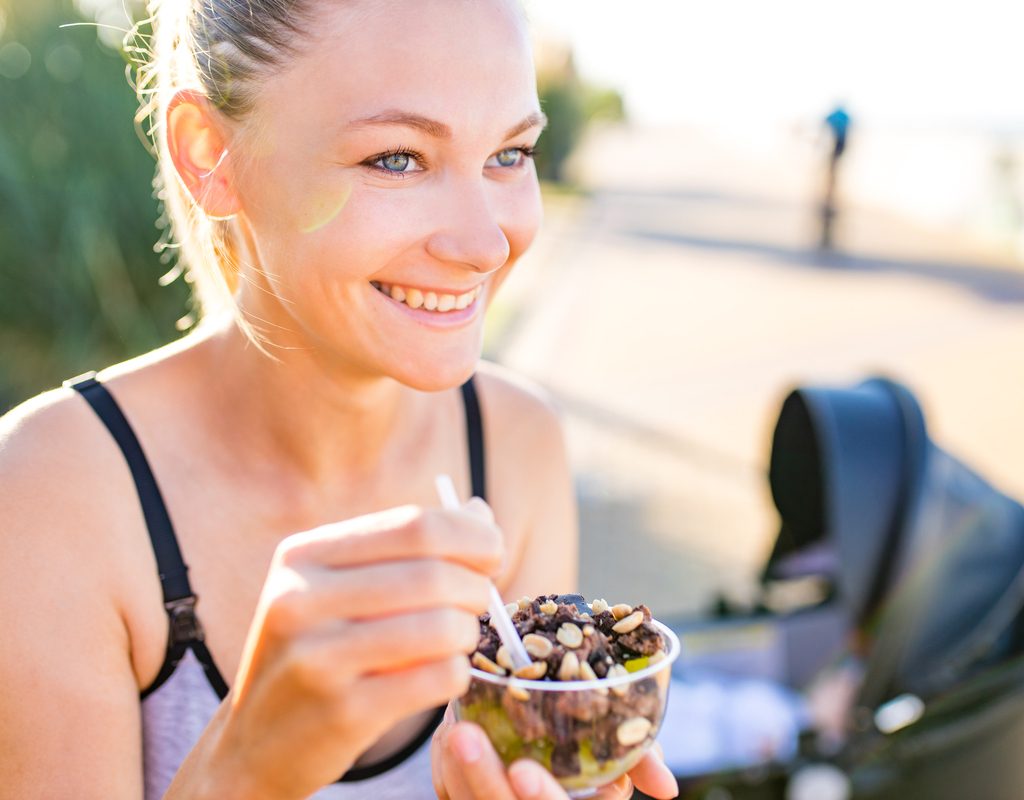
If you were to ask a random sampling of people on the street which food contains the most potassium, chances are a substantial majority will point in one direction: the tried-and-true banana. It’s understandable: The average banana does indeed contain significant amounts of potassium at 422 milligrams. They’re also delicious, inexpensive, and widely available, making them an easy and healthy choice.
With all that said, bananas are not actually the be-all and end-all of potassium-rich foods. When considering that experts recommend we intake 4,700 milligrams of potassium each day, it becomes clear that sufficient potassium isn’t built on bananas alone.
Fortunately, there are lots of potassium-rich foods to choose from — you just have to know what to look for. Below are ten foods that outpace bananas in the potassium department by a considerable margin. Consider adding these potassium-filled foods to your diet and give your body the nutrients it needs to thrive.

Vegetables
Beets, 518 milligrams (1 cup): This root vegetable is known for its earthy flavor, rich coloring, and stacked nutrition profile. With more potassium than the average banana, beets are a strong and versatile addition to any diet plan. Eat them raw or cooked for a powerful potassium punch. For even more potassium, sauté beet greens for a super nutritious side dish.
Potatoes, 515 milligrams (1 potato): Frequently associated with deep fryers and bacon bits, potatoes have garnered a bad nutritional rep. However, they have a surprisingly dense nutrient profile, including, of course, potassium.
Spinach, 540 milligrams (1 cup): Spinach is a superfood juggernaut, packed with all sorts of antioxidants and micronutrients. This includes potassium, with one cup of spinach packing about 100 more milligrams than a banana.
Swiss chard, 960 milligrams (1 cup): This leafy green is one of the world’s most potassium-rich foods. For this reason, Swiss chard deserves to be right alongside more glamorous power greens like kale and spinach.
Fruits
Dried apricots, 1,511 milligrams (1 cup): Who knew such a humble, unsung fruit contained such an astounding amount of potassium? Add this treat to your trail mix or snack on them right out of the bag for a sweet treat that won’t result in a sugar crash.
Avocado, 708 milligrams (1 cup): Avocados are everywhere because they’re so versatile. Whether you’re a guacamole fan, avocado toast lover, or sliced avocado snacker, keep this fruit in your diet and your heart will thank you. Avocados are chock full of heart-healthy monounsaturated fats and a range of vitamins and minerals. Because of all these stellar benefits, many don’t think of avocados as being a potassium powerhouse as well.
Pomegranate, 666 milligrams (1 pomegranate): This fruit is beloved for its juice, sweet-and-tangy seeds (also known as arils), and stocked nutrition profile. Enjoy this quintessential summer fruit and fuel your body with the nutrients and antioxidants it needs to stay strong.

Legumes
Black beans, 611 milligrams (1 cup): Black beans are a well-known superfood and a great way to get more potassium into your diet. Swap black beans for other varieties in chili, Mexican, or other Latin American cuisines for an extra serving of this heart-healthy mineral.
Tempeh, 684 milligrams (1 cup): This popular plant-based protein, which is made from fermented soybeans, is a simple and delicious source of potassium. Generally speaking, soy products have significant amounts of potassium, including tofu (300 milligrams per cup) and edamame (676 milligrams per cup).
White beans, 829 milligrams (1 cup): White beans are another bean variety that brings a lot of potassium to the table. Like black beans, consider swapping out other legumes for this potassium-packed variety whenever possible.
This list is by no means exhaustive, but it does provide a solid overview of the foods that outpace bananas in terms of potassium content.
It can be a serious challenge to get enough potassium in your diet. In fact, only about 2 percent of U.S. adults take in the required 4,700 milligrams every day. A potassium deficiency can cause many problems in your body, increasing the risk of muscle cramps and high blood pressure.
No matter your dietary plans in general or your potassium plans in particular, these foods are all-powerful nutritional packages. Of course, there’s no reason to remove bananas from your diet, but you won’t reach your nutritional goals with this fruit alone. Add these foods to your grocery list this week and keep working toward that elusive balanced diet we’re all striving for.
BlissMark provides information regarding health, wellness, and beauty. The information within this article is not intended to be medical advice. Before starting any diet or exercise routine, consult your physician. If you don’t have a primary care physician, the United States Health & Human Services department has a free online tool that can help you locate a clinic in your area. We are not medical professionals, have not verified or vetted any programs, and in no way intend our content to be anything more than informative and inspiring.



